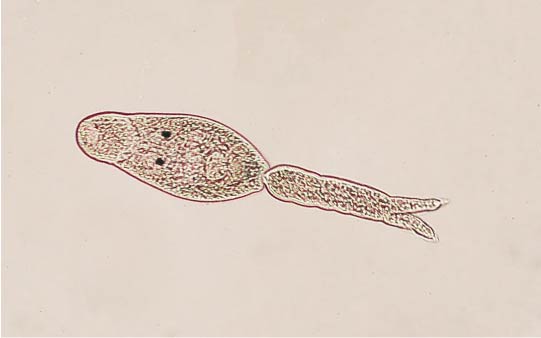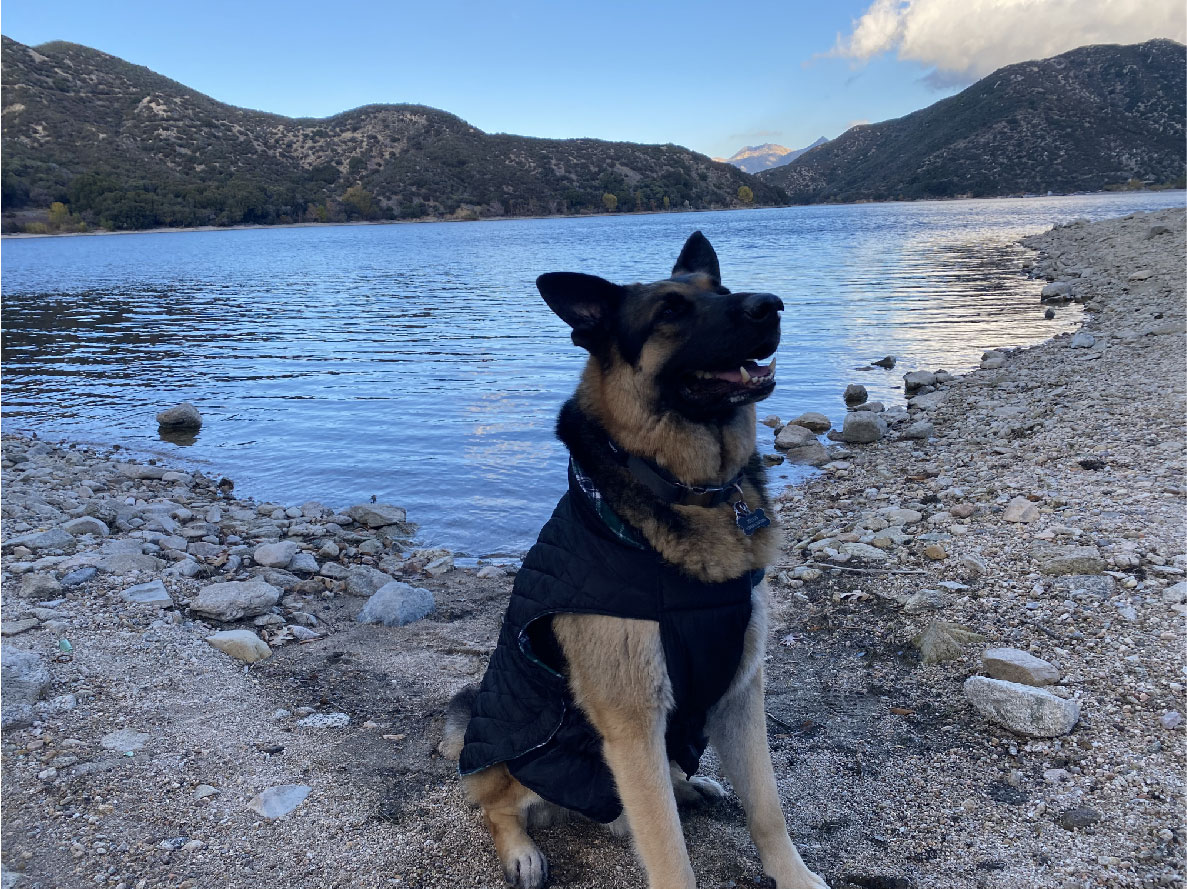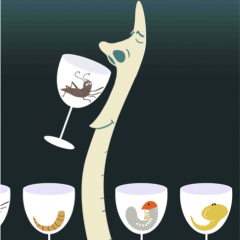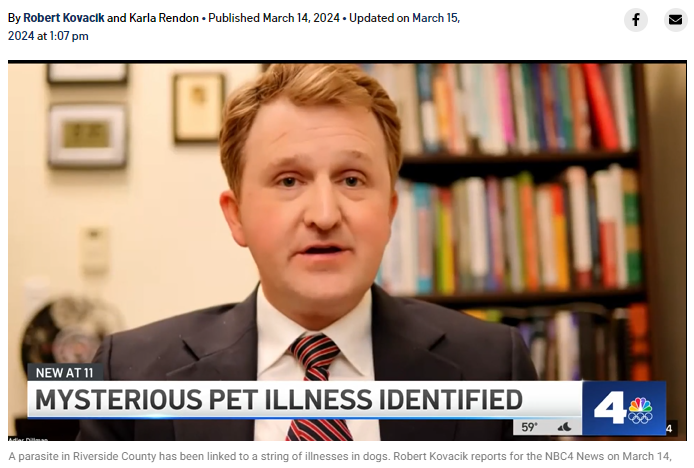Our lab recently discovered a parasite lurking in the southern half of the Colorado River that could be deadly to dogs and other animals. We were first contacted by a veterinarian in the Los Angeles County Health Department in January 2023 because several vets in the area were starting to report that dogs they had treated seemed to be sick with canine shistosomiasis. At least one dog had even died before the sickness could be identified. As the veterinarians questioned the dog owners, it seemed that many of the dogs had been in contact with the Colorado River. Canine shistosomiasis is caused by a parasite, so the Los Angeles County Department of Public Health reached out to us to see if we could provide any information that could be useful.

Our lab identified a possible location along the Colorado River where the parasite could be hiding, so we visited the shores of the Colorado in Blythe, California, several times and collected hundreds of snails. Snails are known to be vectors of canine shistosomiasis. (A vector is a host that carries a disease from one individual to the next.) If we could find the parasite in the snail, then we could confirm that this parasite was indeed in the Colorado River.
After months of collecting snails and testing, we finally discovered that not only was there one snail species that carried canine shistosomiasis, but there were actually two different snail species in the Colorado River in Blythe carrying this disease.
Canine shistosomiasis is mostly harmless to humans. It can cause a rash that’s commonly known as “swimmer’s itch.” This rash usually clears up on its own after a few days because the parasite can’t actually survive in humans. However, this same parasite can infect dogs and other animals, like raccoons and even horses. And it thrives in these animals, causing sickness and potentially even death if left untreated. It’s a tricky parasite, though, because it can sit dormant in the animal for months before making itself known. By this time, most dog owners or horse owners may not associate their trip to the Colorado River with their pet’s new sickness. Vets in the area also may not know to test for this disease.
Our hope is that we can inform the public of the dangers of visiting the Colorado River right now with pets and animals. If you do visit the river and your pet later becomes sick, make sure your vet tests for canine shistosomiasis.
Our work has recently been featured in the following news articles: NBC Los Angeles, Gizmodo, LA Times, and KYMA of Yuma, Arizona.




